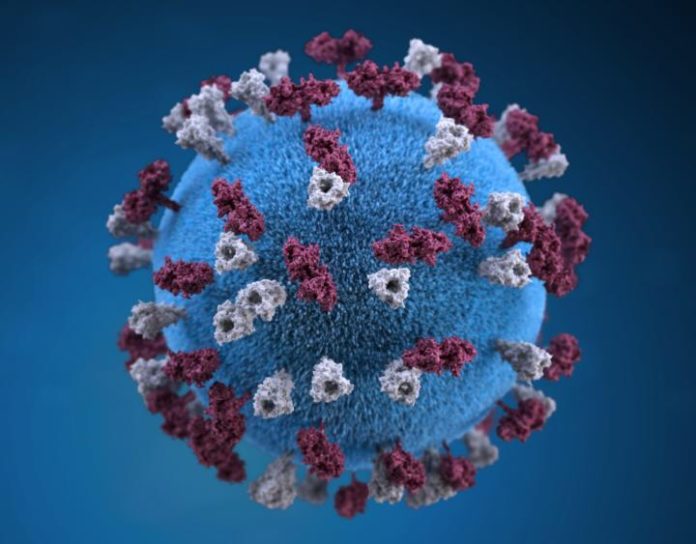Study from the University of Oxford finds old age, being male, living in a densely populated area can increase risk of contracting Novel Coronavirus Disease (COVID19)
Older age, being male, deprivation, living in a densely populated area, ethnicity, obesity, and chronic kidney disease could increase your chances of testing positive for the Novel Coronavirus Disease (COVID2019).
An observational study of 3,802 people tested for SARS-CoV-2 (including 587 positive tests) has come to this conclusion. It was conducted between Jan 28 and April 4 using routine electronic health records data from GP practices across England (UK). The and results are published in The Lancet Infectious Diseases journal.
Study author Professor Simon de Lusignan from the University of Oxford, and Director of the Royal College of GPs Surveillance Centre, UK, says: “While clear trends have emerged from hospital data for the people with severe symptoms, the risk of infection among the general population remains a grey area. It’s important to know which groups in the wider community are most at risk of infection so that we can better understand SARS-CoV-2 transmission and how to prevent new cases.”
Hospital-based studies have reported that being older, male, and having underlying health conditions such as hypertension and diabetes, are associated with having more severe complications of COVID-19
The authors note that other socio-economic factors, which were not measured in this study, may also be linked with SARS-CoV-2 infection, such as employment in high risk jobs, education, income, and differences in access to healthcare and testing among ethnic groups. Further research is needed to understand these associations.
Hospital-based studies have reported that being older, male, and having underlying health conditions such as hypertension and diabetes, are associated with having more severe complications of COVID-19. The new analysis identifies that some of these factors are also associated with testing positive for SARS-CoV-2. However, there were some notable differences. For example, most underlying health conditions did not significantly increase susceptibility to infection and the analysis found a link between smoking and lower likelihood of a positive test result. The authors believe this is due to confounding factors, rather than indicating a protective effect, and they warn that the result should not encourage people to continue or take up smoking.
Professor de Lusignan says: “This result does not indicate that smoking protects against infection, and there are many potential alternative explanations – such as smoking hampering the sensitivity of the SARS-CoV-2 test, or people who smoke being more likely to have an ongoing cough so being more likely to be tested despite not having the virus. As well as the well-documented harms to overall health from smoking, there is potential for smoking to increase the severity of COVID-19 disease, and so our findings should not be used to conclude that smoking prevents SARS-CoV-2 infection, or to encourage ongoing smoking.”


